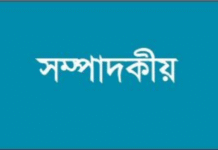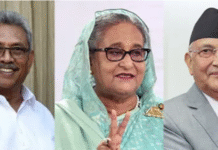World Politica Review
February 05, 2021
Corruption knows no geographic boundaries, and its impact is devastating, particularly for developing countries. While recent revelations of massive corruption have made the issue a high priority for voters, the obstacles to effectively tackling corruption can prove to be persistent. That, in turn, can lead to popular disenchantment with leaders and democratic processes.
The world is constantly reminded that corruption knows no geographic boundaries. In South Africa, former President Jacob Zuma remains embroiled in court cases involving corruption allegations that helped remove him from power, while in Malaysia, former Prime Minister Najib Razak was recently found guilty and sentenced to 12 years in prison over the fraud and embezzling charges that precipitated his downfall. A money-laundering investigation launched in Brazil in 2008 expanded to take down a vast network of politicians and business leaders across Central and South America. And former U.S. President Donald Trump’s administration was plagued by officials who used their offices for private gain and were forced to resign.
The impact of actual corruption is devastating, whether it siphons money from public use or drives policy that is not in the public interest. The effects can be particularly pernicious in developing countries, where budgets are tight and needs are vast. The United Nations estimates that corruption costs $2.6 trillion in losses every year.

A street cleaner walks past a poster promoting Peruvian President Martin Vizcarra and his proposed reforms aimed at tackling corruption, in Lima, Peru, June 4, 2019 (AP photo by Martin Mejia).
But even the perception of corruption is dangerous, undermining people’s faith in government institutions, a phenomenon that is helping to drive a crisis of democracy worldwide. In Transparency International’s latest Corruption Perceptions Index, most governments are seen as corrupt by their own citizens. The rise of populist governments in particular poses challenges. By their nature, populists tend to define themselves against a corrupt elite, which then allows them to weaken institutions and divert attention from their own use of the levers of power to enrich themselves.
WPR has covered corruption in detail and continues to examine key questions about future developments. How prominently will support for anti-corruption efforts feature in U.S. President Joe Biden’s foreign policy? Will corruption prompt more electoral backlashes around the world? Will high expectations lead to popular disenchantment when anti-corruption efforts fail? Below are some of the highlights of WPR’s coverage.









